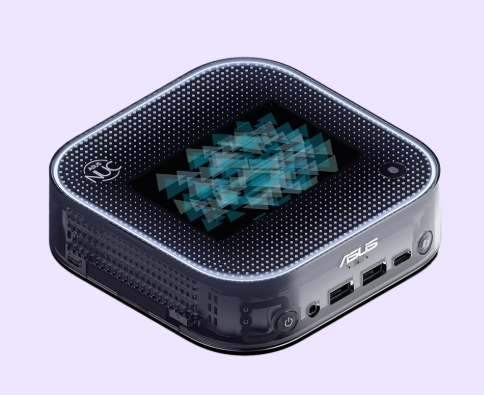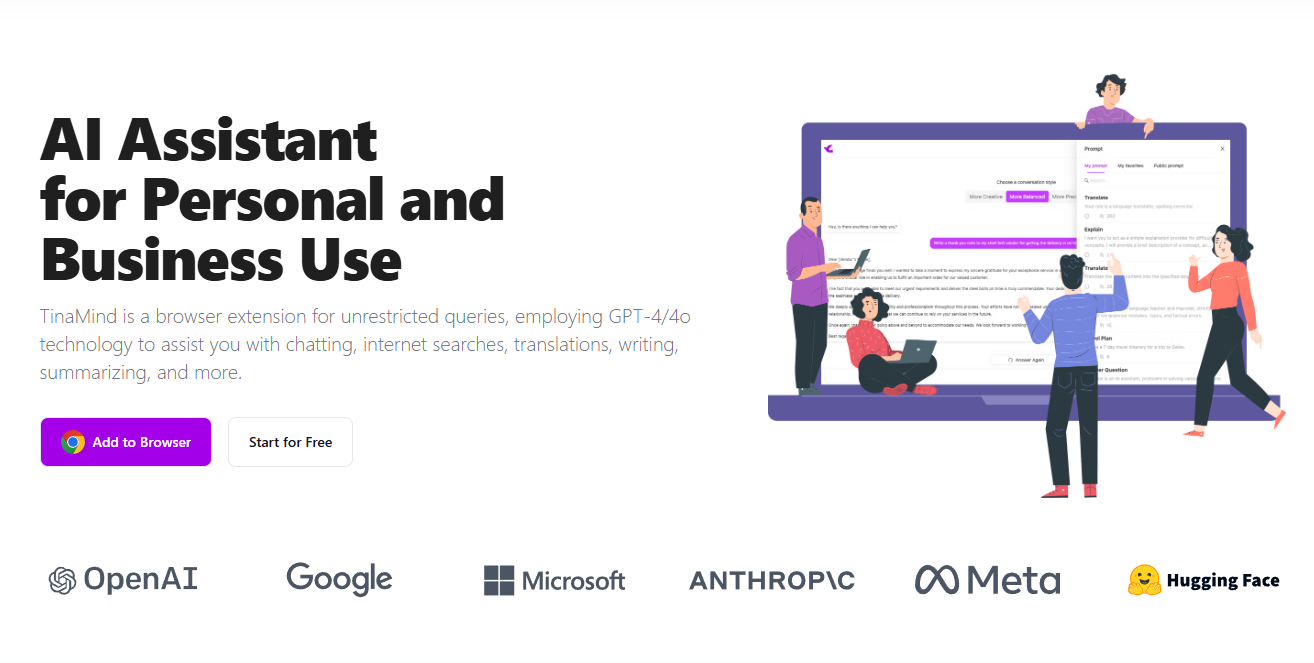ASUS recently announced the launch of a new product - the NUC14Pro AI Plus, a mini computer with a translucent design and a customizable color E Ink display on the top. This product is basically an improved version of its earlier released NUC14Pro AI. Users can generate AI images on this display through built-in applications, providing users with more room for personalization and creativity.

The release of NUC14Pro AI Plus marks another innovative attempt by ASUS in the field of mini computers. The translucent shell design not only makes the device more fashionable, but also allows users to enjoy a unique visual experience. A new feature, the color E Ink display can be personalized to the user's needs, making it not just a powerful computer but also a device that showcases personal style.
In addition, Asus said that this mini computer supports AI image generation function, and users can create various styles of art works on the display with simple operations. This feature undoubtedly attracts users who like creativity and personalization, providing a richer user experience.
Currently, Asus has not announced the specific launch time and price of NUC14Pro AI Plus, but it has attracted the attention of many technology enthusiasts. With the continuous development of AI technology, how to integrate it into daily products has become an important direction for many technology companies to explore. It is in this context that this new product from ASUS came into being.
NUC14Pro AI Plus has not only been upgraded in hardware, its innovative E Ink display and AI image generation capabilities also provide users with a wider range of use possibilities. In the future, ASUS is expected to further expand its product line and bring more creative and practical devices.
AI courses are suitable for people who are interested in artificial intelligence technology, including but not limited to students, engineers, data scientists, developers, and professionals in AI technology.
The course content ranges from basic to advanced. Beginners can choose basic courses and gradually go into more complex algorithms and applications.
Learning AI requires a certain mathematical foundation (such as linear algebra, probability theory, calculus, etc.), as well as programming knowledge (Python is the most commonly used programming language).
You will learn the core concepts and technologies in the fields of natural language processing, computer vision, data analysis, and master the use of AI tools and frameworks for practical development.
You can work as a data scientist, machine learning engineer, AI researcher, or apply AI technology to innovate in all walks of life.







